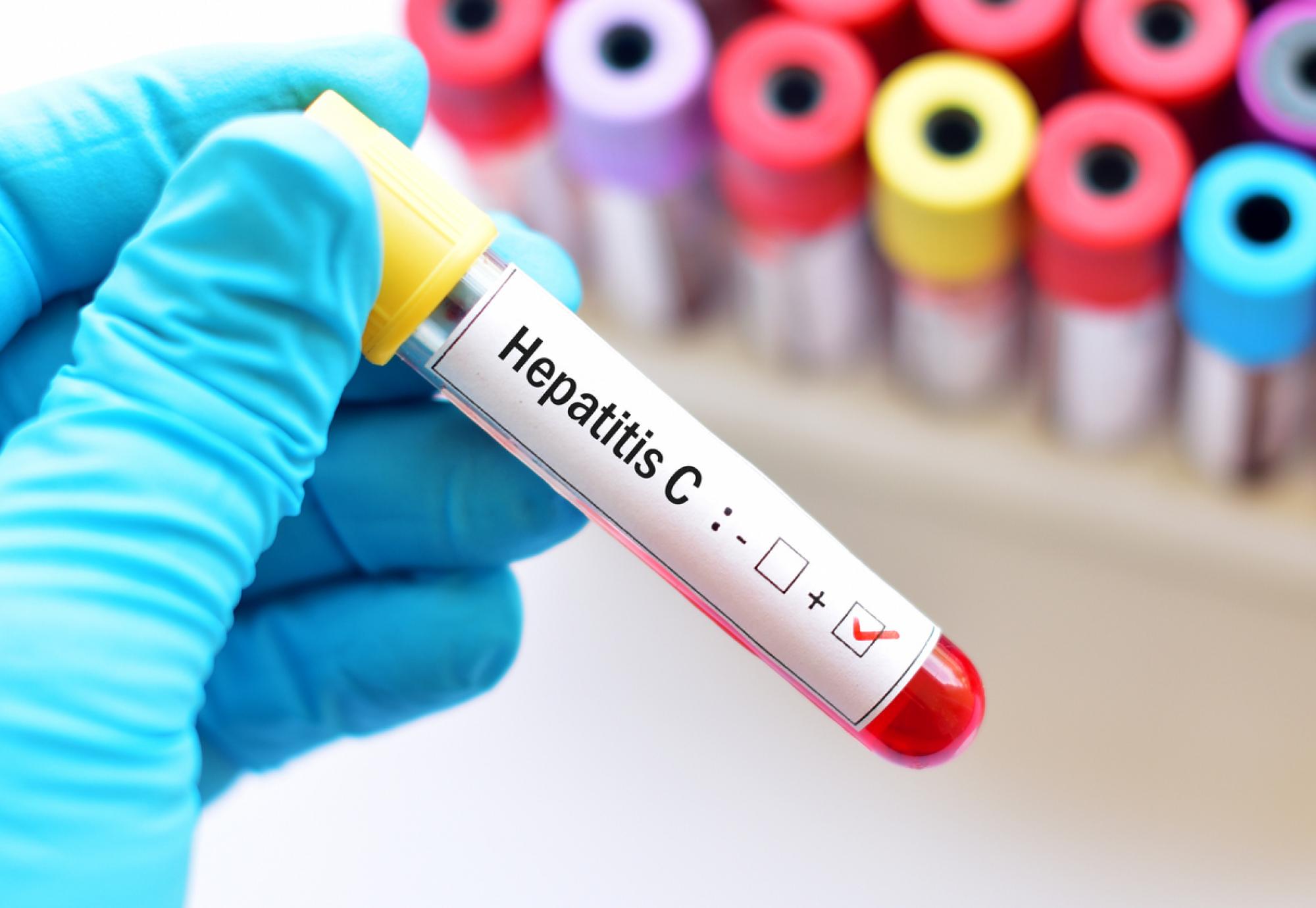Greater Manchester Mental Health NHS Foundation Trust (GMMH) have launched a volunteer and peer mentoring programme, encouraging people at risk of Hepatitis C to get tested, treated and cured. This was carried out in recognition of World Hepatitis Day on Wednesday.
The trust’s Achieve Addictions Services will lead the programme, across Bolton, Bury, Salford and Trafford. It will also be supported by the Addictions Provider Alliance, which is an alliance of NHS addictions service providers from across the UK.
Hep C peer mentors and volunteers will use their experiences to raise awareness about Hep C for those at risk, giving them the confidence to make an informed choice about testing and treatment. This will include a mixture of one-to-one support and group-based workshops.
Jonathan Miller, Achieve Service Manager, said: “We are so pleased to launch our volunteer and peer mentoring programme. We are a proud member of the APA and are delighted to have received funding from them to implement a Project Lead, who will recruit, train and provide ongoing support to our volunteers and peer mentors.
“In recent years, there has been significant advancement in treatment for hepatitis C, with the side effects of treatment now greatly reduced, and cure rates of 95%.
“Through providing tailored practical and emotional support to our service users, we hope to significantly increase the numbers of at-risk individuals who are tested for hepatitis, with those who test positive moving on to treatment and, ultimately, getting cured as a result.”
It forms part of the GMMH’s Hep C micro-elimination strategy. Micro-elimination is an approach to tackle Hep C, focusing on supporting particular groups more at risk from Hep C, such as drug users. This will allow treatment and prevention support to be tailored to the specific needs of these groups.
The strategy, will also ensure all Achieve Addictions Service staff are trained to test for blood-borne viruses, using dry blood spot test kits to extend testing opportunities across all service user groups. Processes for self-testing of service users in some cases are also being developed.



















